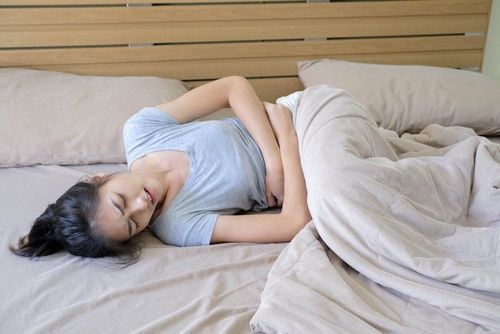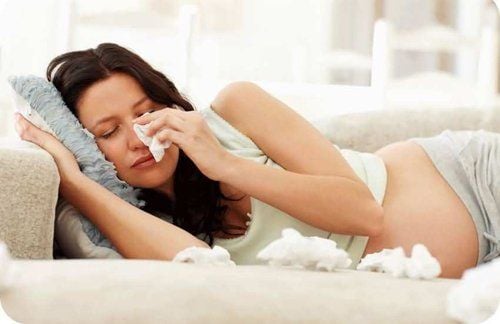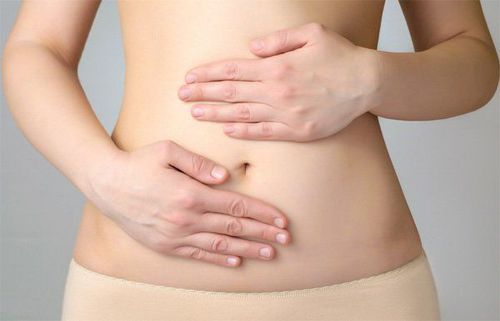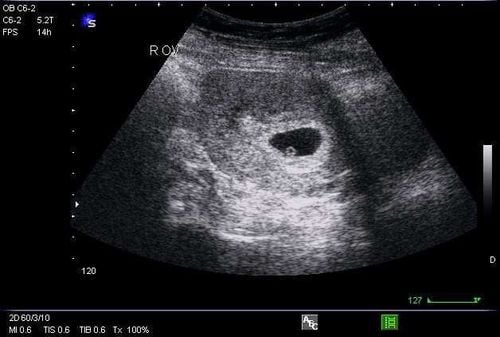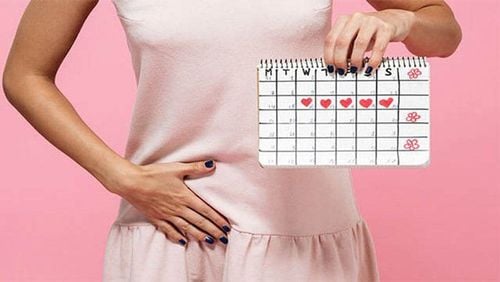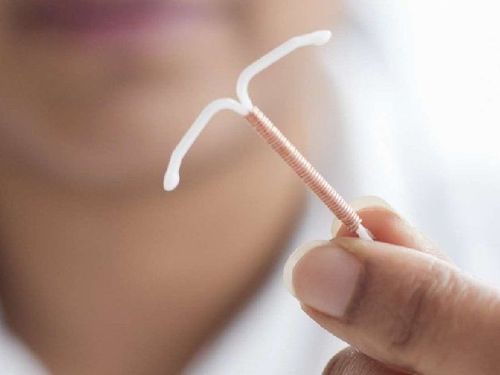When having sex without using any contraception, many of you will worry and wonder if you can get pregnant. Sex before 7 days or after 7 days from the date of menstruation, how likely is the pregnancy? If you want to get the maximum pregnancy, you should have sex on which day will be answered in this article.
1. How is the Embryo - the First Stage of a Fetus - Formed?
The embryo is the result of successful fertilization, which is the combination of two haploid gametes: a male sperm and a female egg, creating a diploid zygote. This zygote will be the starting cell for all the subsequent cells of the fertilized egg.
Therefore, not every sexual encounter will result in pregnancy. This largely depends on the number of sperm released during ejaculation. The most important factor is whether the egg meets the sperm for fertilization to occur.
Sperm can live in the female reproductive tract for 2 to 3 days, while a female egg can only maintain its fertilization ability for about 6 to 24 hours. Beyond this period, the egg can no longer be fertilized. Thus, the timing of intercourse in relation to ovulation plays a crucial role in achieving pregnancy.
2. The Menstrual Cycle in Women
The menstrual cycle starts from the first day of menstrual bleeding (menstruation) and lasts until just before the next period. Each menstrual cycle consists of four phases: menstruation, the follicular phase, ovulation, and the luteal phase.
The duration of each phase can vary among women and may change due to certain factors.
2.1. Menstruation Phase
The menstruation phase is the first phase of the menstrual cycle, marked by menstrual bleeding. This phase occurs because the egg from the previous cycle was not fertilized and is expelled from the body. Hormonal changes, mainly the reduction of estrogen and progesterone, cause the uterine lining that was prepared for implantation and egg development to shed and exit the body as menstrual blood.
During menstruation, you may experience discomfort such as abdominal pain, mood changes, fatigue, cramps, and back pain. The average duration of menstruation is 3 to 7 days. If menstruation lasts more than 10 days, it may indicate prolonged menstruation, and you should see a doctor for advice and timely treatment.
2.2. Follicular Phase
The follicular phase is the period of preparing and selecting the "best" egg for the menstrual cycle. This phase overlaps with menstruation and ends with ovulation.
The preparation and formation of the follicle are controlled by the hypothalamic-pituitary axis, involving the follicle-stimulating hormone (FSH). This hormone helps mature the egg and selects the healthiest eggs for fertilization.
Hormonal changes in this phase include increased estrogen levels, which prepare the uterine lining for implantation and egg development.
The duration of this phase can range from 11 to 27 days, depending on the length of your menstrual cycle.
2.3. Ovulation Phase
The ovulation phase begins when the level of luteinizing hormone (LH) surges, triggering the release of the egg. The egg is captured by the fimbriae and moves through the fallopian tube to the fertilization site - the outer third of the fallopian tube. However, the egg's fertilization capacity lasts only 24 hours, after which it cannot be fertilized and enters the luteal phase.
If the egg is successfully fertilized, it forms a zygote and begins the long process of fertilization, implantation, and embryo development.
During ovulation, the ovary releases a mature egg, which moves down the fallopian tube toward the uterus to be fertilized by sperm.
You can easily recognize ovulation through signs such as a slight increase in body temperature and thicker vaginal discharge resembling egg white.
2.4. Luteal Phase
If the egg is not fertilized, the corpus luteum (the remnant of the follicle) will degenerate. The corpus luteum produces progesterone and some estrogen to prepare the uterine lining for implantation and embryo development. When the corpus luteum degenerates, it causes a decrease in these hormones, leading to the shedding of the uterine lining. It exits the body as menstrual blood, marking the start of the next menstrual cycle.
The luteal phase is the most stable phase, lasting 14 days from the start of ovulation. If you have sex during this phase, the likelihood of pregnancy is very low because the egg has lost its fertilization ability and is degenerating.


3. When is the Best Time to Have Sex for the Highest Chance of Pregnancy?
Understanding the nature of the menstrual cycle and the lifespan of sperm and eggs helps you determine the most likely times to get pregnant and when pregnancy is unlikely.
For pregnancy to occur, both male (sperm) and female (egg) gametes must be present at the fertilization site. Therefore, having sex on the day of ovulation increases your chances of getting pregnant.
Considering that sperm can live in the female reproductive tract for 2 to 3 days, and the egg's fertilization ability lasts only about 6 to 24 hours, this partly answers the question posed at the beginning of the article.
Having sex 7 days before your period has a very low chance of resulting in pregnancy because this is the luteal phase (lasting 14 days), and the egg has already degenerated and cannot combine with sperm. You can be confident that you won't get pregnant during this time, except in some cases of irregularities. Having sex 7 days after your period still carries a chance of pregnancy because the follicular phase lasts from 11 to 27 days. This phase is unstable and can be influenced by external factors. There have been cases where ovulation occurred immediately after menstruation ended. Therefore, to avoid pregnancy, it's best to use safe contraceptive methods if you have sex during this time. The best time to get pregnant is during the "fertile window," which lasts about 6 days, including 5 days before ovulation and the day of ovulation. The two days before ovulation and the day of ovulation have the highest chance of conception. This timing is based on the lifespan of sperm and the egg. Sperm can live in the female reproductive tract for 2 to 3 days, and the egg's fertilization ability lasts only about 6 to 24 hours.
4. Some Early Signs That You Might Be Pregnant
Some subjective symptoms that a woman may experience when pregnant include a missed period. This sign is reliable if you are of reproductive age, have a regular menstrual history, are not breastfeeding, and are not using any hormonal contraceptive methods.
Additionally, you may experience digestive symptoms, changes in urination, breast changes, cravings, or aversions to certain foods you previously liked.
Please dial HOTLINE for more information or register for an appointment HERE. Download MyVinmec app to make appointments faster and to manage your bookings easily.




